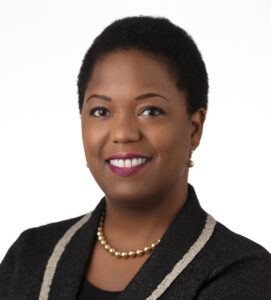As a Ghanaian-born woman who grew up predominantly in Australia, my battle with my natural hair has been central to my search for identity. Initially, I struggled to accept my hair in its natural form—firstly, because I lacked the knowledge and skills to properly care for it; secondly, because the influences around me made me feel like my hair was not something to be admired but rather a subject of curiosity; and lastly, because the styles that kept my natural hair healthy and growing were, at times, a source of embarrassment. As a young African girl in a predominantly white neighbourhood and school, I already stood out enough. Embracing my natural hair felt like another hurdle I wasn’t ready to face. Like many Black women, I internalized the idea that straight, sleek hair was the standard of beauty. Relaxers, weaves, and wigs became my go-to options—not necessarily because I wanted to, but because that was what was expected.
In Ghana, where I trace my roots, the culture of wig-wearing has become so rampant that even young girls feel pressured to conform. Seeing this made me reflect on my own journey and recognize how deeply hair politics are embedded in our communities. I wanted to break free from the cycle and reclaim my natural self.
Social media became a turning point. Suddenly, the world felt smaller, and I had access to African women who were boldly embracing their culture and natural hair. For the first time, I saw women who looked like me, proudly wearing their kinks, curls, and coils. I discovered products, techniques, and styling tips that worked with my hair texture, rather than against it. This was a game changer. As a mother raising daughters, I knew I didn’t want them to grow up feeling ashamed of their natural hair. Learning to care for my hair became my first step toward truly embracing it.
As a busy mother who also wanted a low maintenance but natural hair solution, I found that Sisterlocs was the way to go. I had always admired locs but never thought I would take that step myself. The idea of maintaining my natural texture in a way that was versatile and deeply rooted in Black culture inspired me. Getting my Sisterlocs felt like a moment of liberation—seeing my hair in a different, yet authentic state was empowering.
This journey wasn’t always easy. I had to unlearn years of hair stigma and build confidence in a look that wasn’t always celebrated in professional or social spaces. But as my locs grew, so did my self-love. I no longer felt the need to hide behind wigs or chemically alter my hair to be accepted. Instead, I began to appreciate the beauty and uniqueness of my natural hair.
I share my story to encourage other Black women, especially young girls, to embrace their natural beauty. Your hair is not just hair—it is history, culture, resilience, and power. Whether loose, coiled, locked, or in its most natural state, it is a crown that deserves to be honoured. You are not alone in this journey. The more we share our experiences, the more we dismantle the stigma and create a world where natural hair is celebrated, not tolerated.
To my sisters contemplating the transition—take the step when you are ready. It is a journey of self-discovery, patience, and ultimately, love. And for me, it’s worth it.

